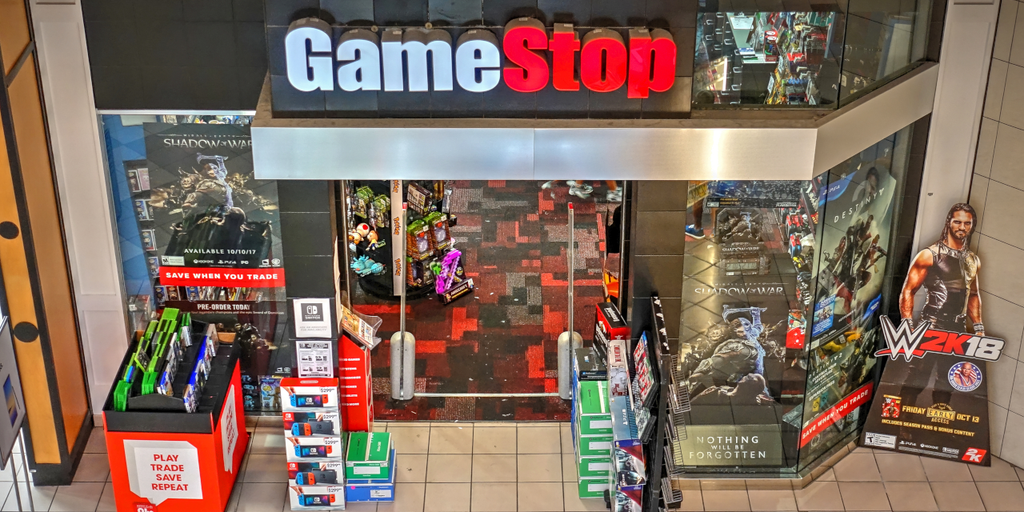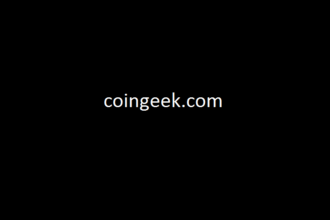CME Group has initiated a pilot project integrating tokenized assets using Google Cloud’s Universal Ledger technology. The collaboration seeks to enhance capital efficiency and streamline wholesale payments in the global financial system. The initiative will undergo testing in 2026 with selected market participants.
CME Group Taps Google Cloud to Modernize Financial Infrastructure
Integrating Google Cloud’s Universal Ledger enables CME Group to improve infrastructure within traditional financial market sectors. CME Group plans to leverage the distributed ledger system to add value to its derivatives exchange protocols for collateral management, settlement operations, and payment systems. This pilot labors to build operational efficiencies so it matches the industry’s embrace of continued market access for 24/7 trading.

Under the Universal Ledger framework, which serves regulated financial institutions, the tokenization of real-world assets can be done safely and within compliant parameters. CME’s implementation of this system has established a breakthrough between established financial operations and developing blockchain utility. Google Cloud’s cloud infrastructure delivers the reliable performance and scalability needed to serve institutional-level use instances.
CME Group selects Google Cloud to establish itself as an industry leader in blockchain implementation for established financial institutions. The strategic framework demonstrates how distributed ledgers can support financial industry operations through extended usage periods. The testing of the technology will commence in 2026 between the firms while working with market participants.
Tokenization Gains Traction Among Institutional Players
Tokenization maintains its industry-wide momentum because institutions use it actively to discover better ways of maximizing capital efficiency. By converting their assets into digital tokens, firms simplify their operations, add liquidity, and enhance the transferability of assets. The global assets total $230 trillion, but usable collateral amounts to $25 trillion only.

CME’s move signals rising institutional confidence in tokenized financial instruments and their practical application in regulated environments. The partnership with Google Cloud reflects a growing push to incorporate modern infrastructure into traditional frameworks. By leveraging blockchain, firms expect to access more capital without increasing systemic risk.
BlackRock and other heavyweight financial companies have publicly supported the adoption of tokenized securities in recent months. CEOs and industry leaders are urging regulators to accelerate approvals for the tokenization of mainstream assets. CME’s pilot supports this momentum and could serve as a model for large-scale adoption.
Regulatory and Market Environment Supports Growth
The policy environment in the United States is becoming more supportive of tokenized finance. A repeal of the SEC’s Staff Accounting Bulletin 121 has eased compliance barriers for institutions offering custody of tokenized securities. This regulatory shift is expected to spur broader market participation in tokenization.
Tokeny, a platform for tokenized securities, said that the rule change reduces financial risks for custodians in regulated markets. Institutional adoption will likely increase as regulatory clarity improves and operational risks decline. This change supports CME’s broader vision of offering the industry efficient, modern financial tools.
Leadership from CME Group and Google Cloud highlighted the importance of strategic collaboration in driving infrastructure innovation. Their pilot program will operate within existing financial frameworks while exploring new efficiencies via tokenization. The trial phase will help determine how tokenized models perform in real-world market environments.
FAQs
What is the CME Group’s tokenization project?
CME Group is piloting a tokenization initiative using Google Cloud’s Universal Ledger. It will begin testing with market participants in 2026.
How does the Universal Ledger work?
The Universal Ledger is a blockchain-based platform that enables secure, compliant tokenization of financial assets for traditional institutions.
Why is tokenization important for capital markets?
Tokenization allows real-world assets to be digitized, enhancing liquidity, reducing costs, and enabling near-instant settlement of transactions.
What are the expected benefits of this collaboration?
The collaboration aims to improve settlement efficiency, reduce margin requirements, and unlock new capabilities in asset management and payments.
Is this project regulated?
Yes, the pilot is designed to operate within existing regulatory frameworks and focuses on compliant institutional adoption.
Glossary
Tokenization: The process of converting an asset’s ownership rights into a digital blockchain token.
Distributed Ledger: A database shared across multiple locations or nodes, used for secure and transparent transaction recording.
Collateral: Assets pledged as security for a loan or margin in financial transactions.
Universal Ledger (GCUL): Google Cloud’s blockchain infrastructure tailored for traditional financial institutions to manage tokenized assets.
Custody: The holding and safeguarding of digital or traditional financial assets by an institution on behalf of clients.
References
Read More: How Google Cloud Powers CME Group’s Bold Move Into Asset Tokenization“>How Google Cloud Powers CME Group’s Bold Move Into Asset Tokenization
The Bit Journal – Read More









